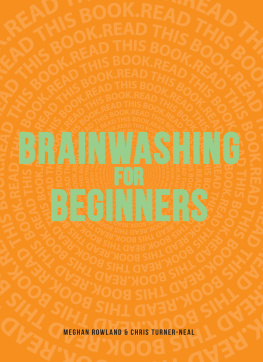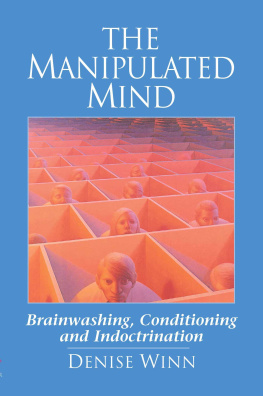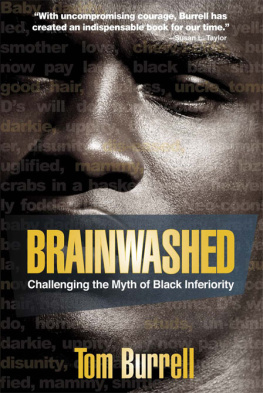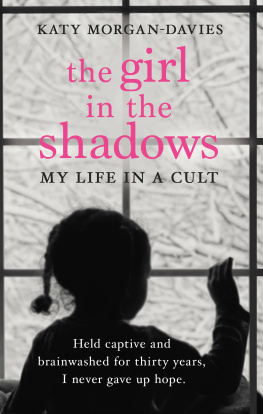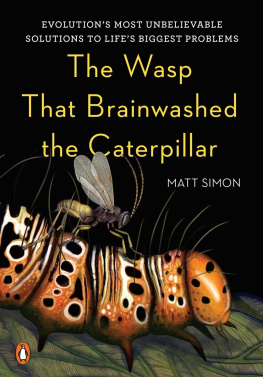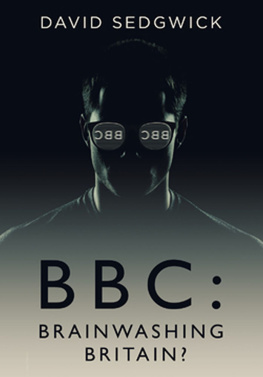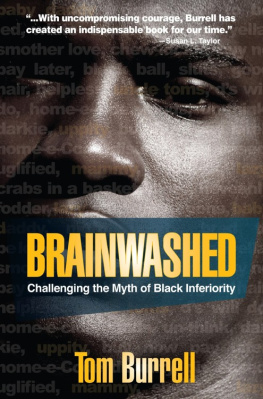ACKNOWLEDGEMENTS
I owe a large debt of gratitude to the Wellcome Trust; a Senior Investigator Award enabled me to establish a research group at Birkbeck College and to have the necessary time to work on this book. Details of the publications, online resources, broadcasts and films produced under the auspices of this project can be found at www7.bbk.ac.uk/hiddenpersuaders/. My thanks to all those who supported the endeavour at the Trust and the College, and especially to Marcia Holmes, Katie Joice, Ian Magor, Sarah Marks, Naomi Richman and Charlie Williams for their impressive individual research and creative teamwork. Thanks also to Emily Bartlett, Simon Jarrett, Holly Lasko and Nicole Mennell for helpful editorial input and research assistance on the project. To Charlie and Simon for reading my manuscript at short notice, and significantly sharpening it. To Katy Pettit for administering Hidden Persuaders with unfussy efficiency and much-needed humour.
Thanks to my patients for their candour and trust, and for enabling me to think afresh about several issues at stake in this work. I cannot name the numerous students, nor list all the academics, archivists and librarians in the UK and US who facilitated my work on this book, but I can mention at least those friends and colleagues who have contributed most directly, and generously, by sharing ideas and reading draft chapters. To Julia Lovell, Lyndal Roper, Quentin Skinner, Gareth Stedman Jones and Eli Zaretsky, for their creative suggestions and sage advice. To Elizabeth Coates Thmmel, Matt ffytche, Stephen Frosh, Simon Garfield, Rufus Olins and Matthew Reisz, for their invaluable thoughts about my work in progress. To Lisa Baraitser and Simon Bayly, for incisive comments, providing so many stimulating thoughts on politics and psychoanalysis along the way. To Chris Wellbelove, my literary agent, for his steady support, and for offering, along with Amy St Johnston, also at Aitken Alexander Associates, such pragmatic guidance when my writing got stuck. To Shan Vahidy, an outstanding editorial troubleshooter, who has been a pleasure to work with, and who has played a key role in refashioning this book.
To have the chance to discuss this history with the late Zygmunt Bauman and Robert Jay Lifton was truly a privilege. I also had illuminating exchanges on this topic over the years with Ana Anti, Shaul Bar-Haim, Joanna Bourke, Greg Brenman, Susan Carruthers, Ian Christie, DMaris Coffman, Matt Cook, Bartek Dziadosz (and the group of talented film-makers who work with him at the Derek Jarman Lab), Nasheed Faruqi, David Feldman, Paul Feldwick, Lily Ford, the late John Forrester, Mary-Clare Hallsworth, Dagmar Herzog, Jenny Langham, Peter Mandler, Don Moss, Rebecca Reich, Hilary Sapire, Simon Schaffer, Rory Sutherland, David Taylor, Phil Tinline and Lynne Zeavin. Thanks to Shui-Bo Wang for putting me in touch with David Hawkins. His contribution, for which I am also thankful, can be seen in Part 2. To Tim Allen, Mike Dibb, Lisa Guenther, Monica Kim, Jonathan Lear, Melissa Parker and Andrew Scull for their rich and thought-provoking presentations at Birkbeck, during the project. Conversations with Catherine Hall, with whom I co-edited a series of pieces on the question of denial, in History Workshop Journal, were also inspiring.
Kirty Topiwala, then employed at Wellcome, helped to set Brainwashed in motion. I am also grateful to my editor, Cecily Gayford, for her exceptional skill and patience, to Rebecca Gray, Graeme Hall and the team at Profile Books for their excellent input, and to Patrick Taylor for his careful and well-judged copy-editing, Caroline Wilding for the fine index, and Philippa Logan for painstaking proofreading.
My family have lived with this project for longer than reasonable. I am grateful to Irma Brenman Pick, for all her care, lively interest in this work and wealth of insights. To Anna and Tasha Pick for encouragement and the many vivid conversations weve had on these matters, not least during the time of pandemic. This book is dedicated to Isobel Pick. I owe her the biggest thanks, for all her generous help and unflagging support. She has exchanged ideas, commented closely on drafts and provided throughout a clear-eyed sense of the relevance of this troubling history in present, dark times.
Daniel Pick
London, 20 January 2022
P ART 1
BRAINWASHING
Sometimes, a new word emerges that expresses a concept already well understood. A word might bring new ideas to public consciousness, combine notions previously kept apart, describe a thing that nobody had really apprehended before or that everyone knew previously under some other name. Designations may disappear, move to the margins or be redeployed in new contexts, as when we talk of a computer virus or mouse. Old words sometimes become obsolete, or acquire notable new significance and meanings, as we can see, for instance, with a word such as queer. Words may, in some cases, have relatively consistent and stable meanings over long durations; they can also be problematised, reclaimed and re-inflected with each passing year. We make micro-adjustments, as listeners and speakers, attentive to shifting contemporary idioms and slang noticing, for example, whether the word sick, in a certain context, means unwell or amazing.
A word, in other words, may redescribe something already well known, an old wine in a new bottle; or signify an unprecedented phenomenon. It would be inaccurate to think of the internet as just a new expression for an abstract idea that people had already apprehended hundreds of years earlier, even if you might find glimmerings of this proposition in science fiction or technological speculation before our digital age. Yet the concept of poorly paid or repetitive employment existed long before McJob entered the English language (in 1986, to be precise). Words can have multiple meanings, and they may also be weighted with all kinds of distinct nuances, assumptions or moral implications. So, McJob might have quite different resonances when used in, say, a trade union campaign, a stand-up comedy routine, a suicide letter or a snobbish magazine airily describing the lives of the poor. And then again, two people may hear the same word very differently, when uttered by the same speaker.
Whether the word brainwashing, first used in English around five years after the end of the Second World War, ushered in a novel way to understand an older reality was itself soon cast into question: pundits argued about whether it was a mere restatement of something that had been fully perceived by previous generations, or a description of an emerging phenomenon that had no prior equivalent in history and public consciousness. Opinions differed about its reality, location and urgency, and its exploitation to generate alarm.
Some commentators suggested that the term captured a distinct and nefarious combination of power and knowledge at work here and now. They warned of a terrifying form of state that had already arrived, at least somewhere abroad. It was, after all, a time when the superpowers were deploying an arsenal of psychological sciences. Others argued that the term merely referred to practices already well rehearsed, and widely understood, long ago. Sceptics also pointed out that the notion might be heavily spun to serve different interests; a rhetorical vehicle for conjuring up a host of imaginary threats, a means of generating panic about fragile minds in modern times.
In September 1950, during the first year of the Korean War, Edward Hunter, an American journalist who had worked in wartime intelligence, and post-war with the CIA, coined (or, more accurately, first popularised) the term brainwashing, and left no doubt for his readers that the problem was important and real. In using the term, first in a piece for the


